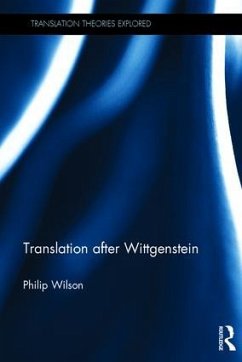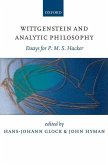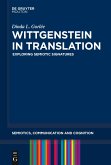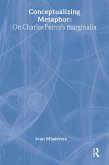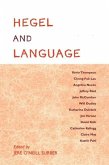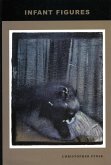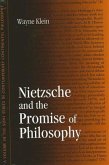In this eminently readable study, Philip Wilson explores the later writings of Ludwig Wittgenstein and shows how a reading of this philosophy can enable the translation theorist and the practising translator to reflect upon and improve the phenomenon of translation. Wittgenstein, whilst a key figure in twentieth-century philosophy, remains peripheral to the field of translation studies and Wilson argues that his later work, because it deals with the nature of language and meaning, is potentially of great significance and an awareness of this can change translation, both literary and non-literary. Wittgenstein's life and thought is treated in the introduction, where it is shown how his methods can be applied to areas outside philosophy. The central three chapters of the book survey: the reading of the source text for translation; the writing of the target text; the theorisation of the target text. The author demonstrates how Wittgensteinian tools can be of use in translation studies, for example: language-games; forms of life; family resemblance; grammatical investigation; surface and depth grammar; the surveyable representation. A wide variety of examples and case studies is given throughout the book, from both literary and non-literary sources. Aimed at translation studies scholars, graduate students and researchers, this interdisciplinary book will also be of interest to scholars of philosophy and literature.

